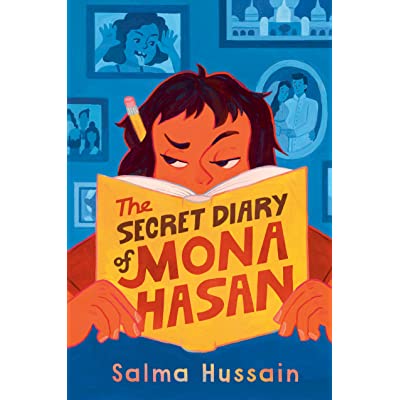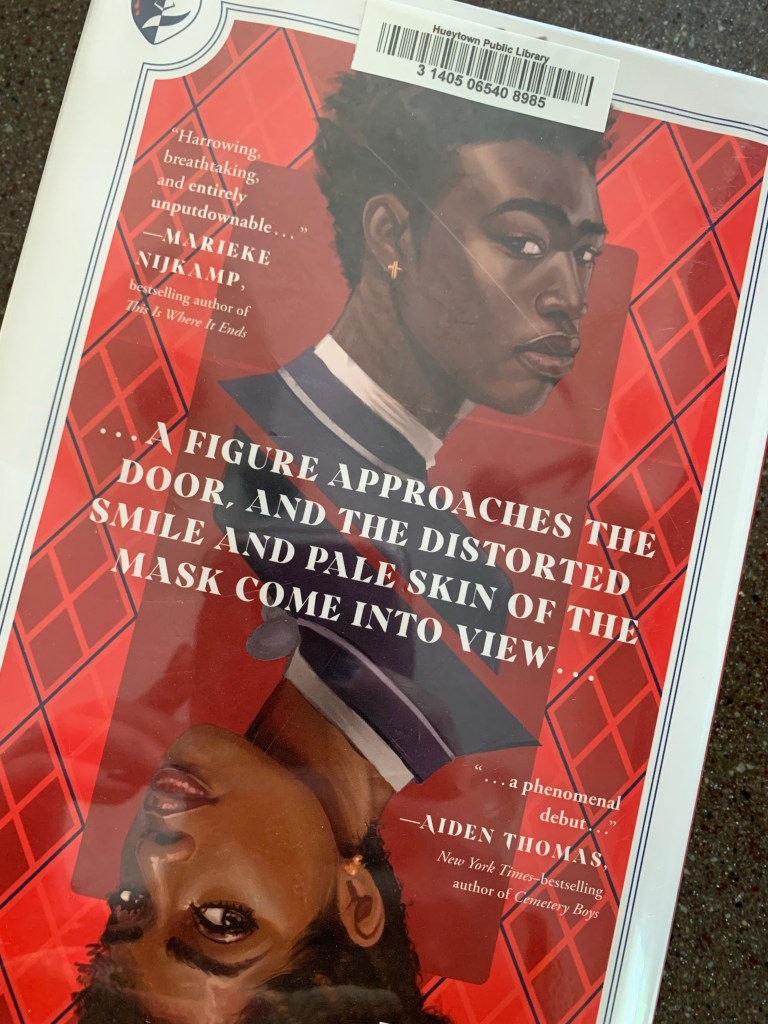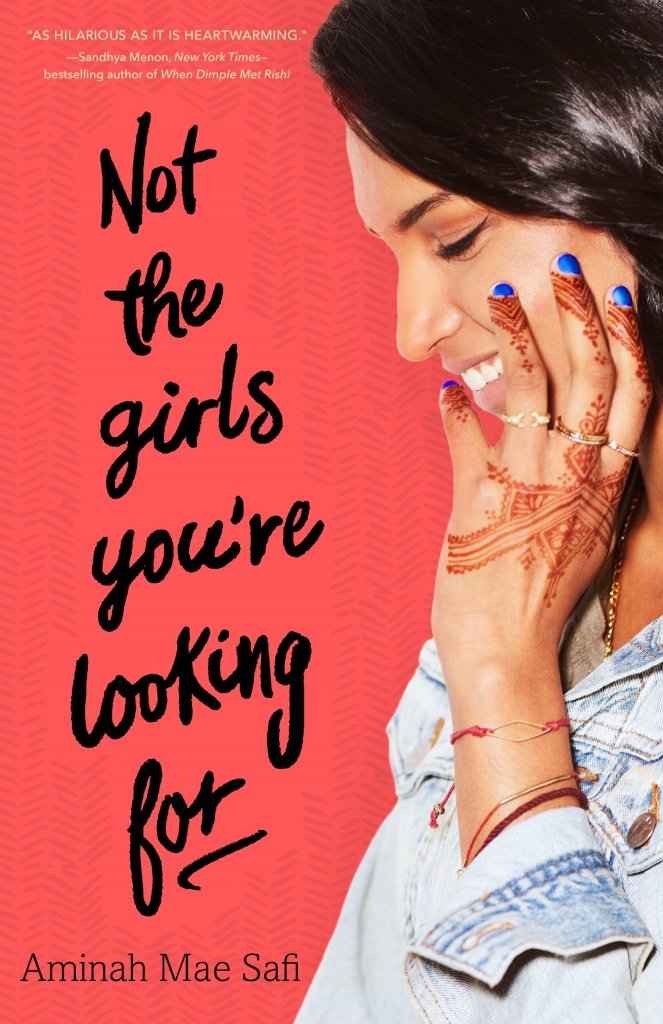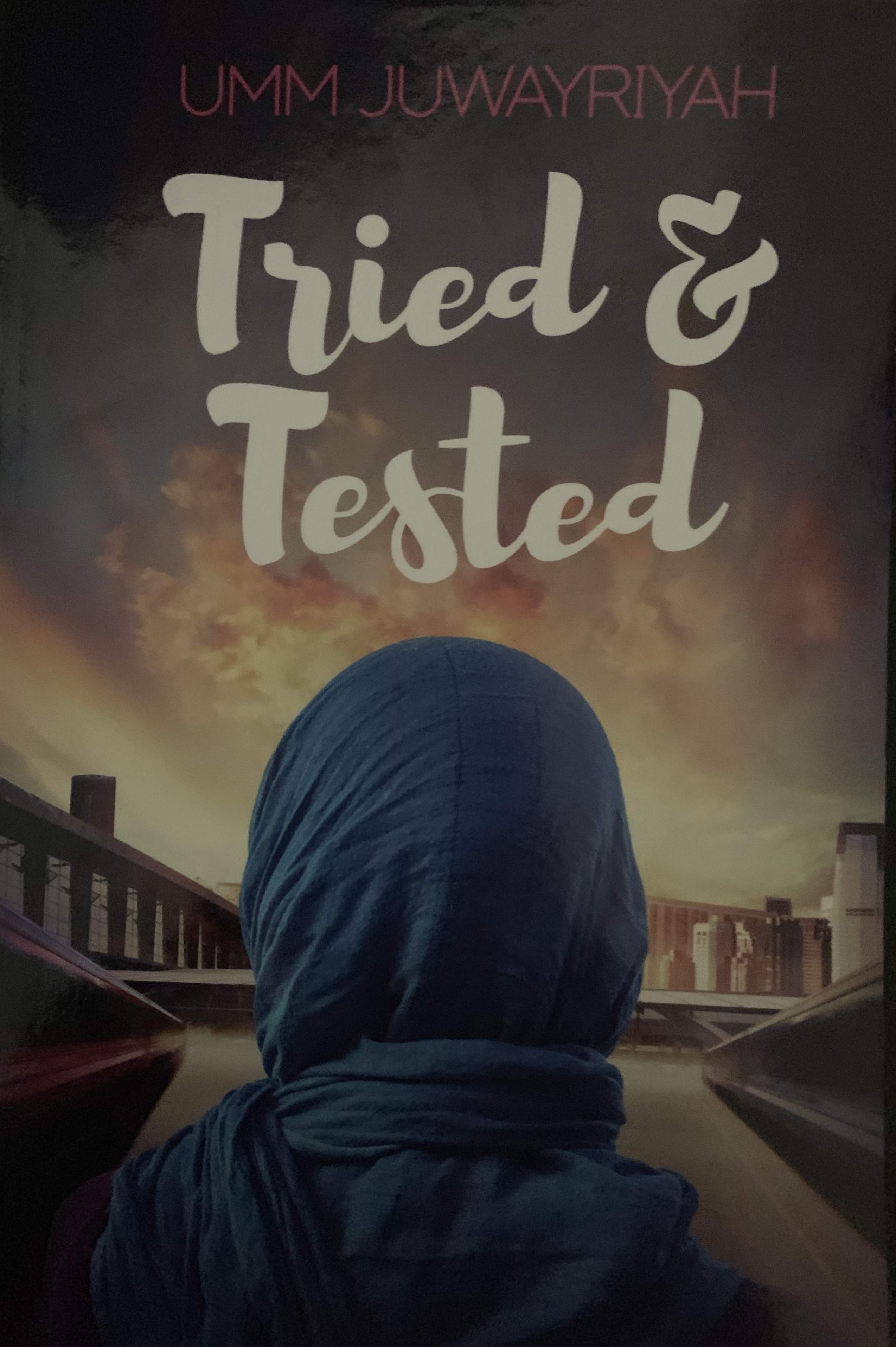

Occasionally I get asked about short story and/or essay from a collection that a college or high school student is hoping to share with a class that doesn’t take long to read, but shows Islamic representation. And I never have a suggestion. The middle grade collection Once Upon an Eid is amazing, but for younger readers. When I learned about this collection that features two known Muslim authors, Karuna Riazi (The Gauntlet series) and S.K. Ali (Saints and Misfits, Love from A to Z), and involves food, I thought to take a look and see if I might finally have a suggestion. Sadly, no. None of the 13 stories wowed me, or really impressed. A few I started then skipped, and none were really memorable. The premise is unique: all the stories take place in the same neighborhood, feature food, and crossover characters, but some are love stories, others redemption, some have super heroes, others murder and gang violence, some really keep the food central, and others just mention it as being present. There is familial love, romantic straight, lesbian, and trans love, there is friendship and food from many cultures served up to varying effects. I admittedly read few short story collections, but even with that taken in to consideration, I think skipping this 353 page YA/Teen book is probably the best option.
SYNOPSIS:
I’ll only summarize the two Muslim authored stories. A few of the others are culturally Indian, but they eat pork, so I’m assuming they are not Muslim, and the Persian one by Sara Farizan features alcohol and a lesbian romance, so since in a past book of hers I noted that I didn’t know if she or her characters identify as Muslim, I will skip reviewing hers as well.
Hearts a’ la Carte by Karuna Riazi: Munira works at her families food cart, King of Kuisine and serves up Egyptian food to the people on Hungry Heart Row. When a guy falls from the sky, she finds her self also falling hard for Hasan, as he regularly starts coming to eat and visit, but when it is revealed that he is a super hero (the Comet) and the reason her families cart is destroyed, Munira is not willing to pursue things further.
A Bountiful Film by S.K. Ali: Hania and her family have recently moved to Hungry Heart Row, where her father grew up and grandma Valimma lives. Irritated that she had to leave her school, her job at Daily Harvest and friends behind, Hania is hoping to lose herself in putting together her film for the upcoming competition and beating her long time rival Gabrielle Rose. With no clear idea of what her film should be about she starts with interviewing Valimma and her friends, which turns up a bit of an unsolved mystery involving a missing boy that keeps showing up on the security footage from local businesses. Hania decides to pursue it, but finds herself being watched, and filmed in the process.
WHY I LIKE IT:
I like that the stories are interconnected, I don’t know that it works, but I like the idea of it. As for the two Muslim authored stories, I like that Islam and culture are included slightly, but that the story is much more than that, and the characters have more pressing issues to figure out. I wish in both of these two stories, food was more fleshed out. They seemed to be lacking the magical food premise that many other stories in the collection had.

FLAGS:
See above paragraph for some collection flags. Riazi’s story has crushes and a budding romance, but nothing overtly “haram.” Ali’s story is clean.
TOOLS FOR LEADING THE DISCUSSION:
I wouldn’t probably even shelve the book in our Islamic school library, it doesn’t offer much in my opinion.















 I wanted to give the author another chance to win me over after really disliking her
I wanted to give the author another chance to win me over after really disliking her 


